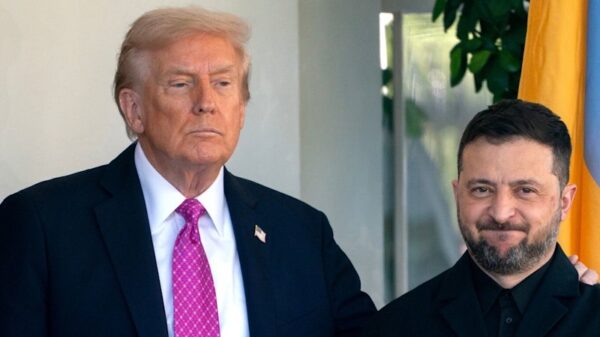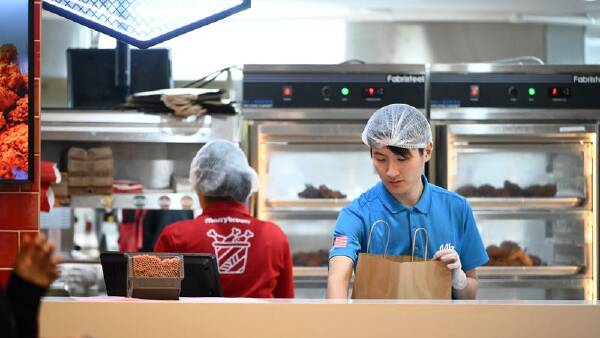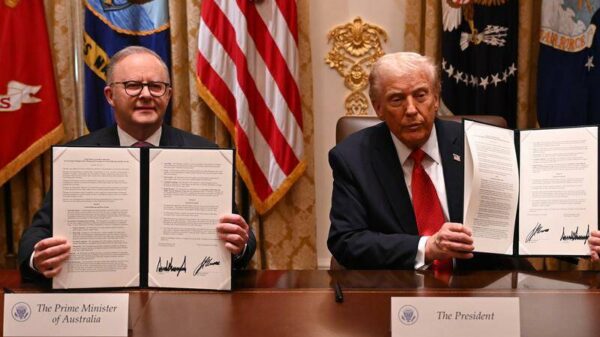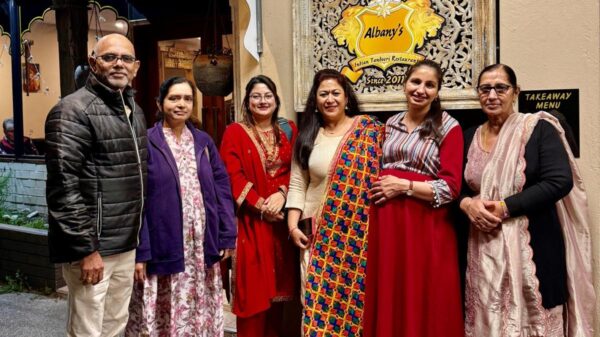Freelancers and creative professionals are navigating a profound transformation in their fields due to the rise of artificial intelligence (AI) tools. In late 2022 and early 2023, many in the industry expressed concern about their job security as AI technology became more accessible. Among them was Leanne Shelton, who was operating a copywriting and content marketing agency at the time. Recognizing both the threat and the opportunity posed by AI, Shelton chose to adapt rather than retreat.
Shelton’s decision came after hearing from peers that their client conversions had decreased. “People were saying, ‘I’m not spending $500 for you to write a media release. I just got AI to do it,’” she recounted. This shift in client behavior indicated a growing reliance on AI-generated content. While AI has existed in some form for years through technologies like Google Maps, Siri, and Alexa, the recent surge marked the first time it became readily available to individuals without technical backgrounds.
Despite its capabilities, Shelton noted that many AI tools produce content that lacks quality. “They’re pumping out generic, lifeless, robotic content. It’s just not serving anyone,” she said. Realizing the importance of maintaining a human touch, she pivoted her focus to educate others on how to effectively use AI while preserving creativity and authenticity.
Teaching AI Integration
Shelton has dedicated the past few years to running webinars and presenting keynote addresses on creating high-quality AI-assisted content. Her new book, AI Human Fusion, offers a non-technical, human-centered approach to integrating AI into creative work. In her view, AI should complement human efforts rather than replace them. “AI is still like a toddler right now; I wouldn’t be replacing humans with AI,” she warned, emphasizing the importance of human interaction in customer service roles.
Shelton’s philosophy resonates across various sectors, particularly in media, education, and community services, where personal connections are vital. She pointed out that reliance on AI can diminish trust: “Straight away people just trust you that little bit less. You don’t know where the human began and the bot ended.”
Furthermore, Shelton cautioned against the misuse of AI, highlighting the risks of poor-quality output. She referred to this trend as the “productivity trap,” where users may rely too heavily on AI without adequately training it on their specific brand voice and values. “If you haven’t bothered to train it on your brand voice, it’s just going to fall flat,” she stated.
Emphasizing Human Connection
While AI can streamline tasks, Shelton firmly believes it should enhance human experiences rather than detract from them. “If you do save time with AI, that means you should be taking a proper lunch break or spending more time with your family,” she advised. The goal is to strengthen human connections while allowing AI to manage routine responsibilities.
Shelton encourages those hesitant about adopting AI to start small. “Just get started,” she advised, suggesting that individuals experiment with tools like ChatGPT. “Treat it like a human assistant. It wants to help you, but it needs to know context.” She also stressed the importance of protecting privacy, advising users to avoid sharing sensitive information and instead use placeholders.
For Shelton, the future of AI lies in its role as a partner in problem-solving. “AI can help you get started on a project when you’re stuck. But you should always take over, make it your own, and, if in doubt, get a second opinion from a human.”
Ultimately, Shelton views AI as a valuable tool but insists that it should not replace the fundamental need for human connection. As she often reminds her audiences, “If your brain isn’t working hard when you use AI, you’re not using it right.”
Her book, AI Human Fusion, is published by Major Street Publishing and retails for $32.99. Shelton’s insights not only illuminate the challenges posed by AI but also highlight the potential for freelancers to thrive in this new landscape by embracing change and prioritizing human interaction.





























































